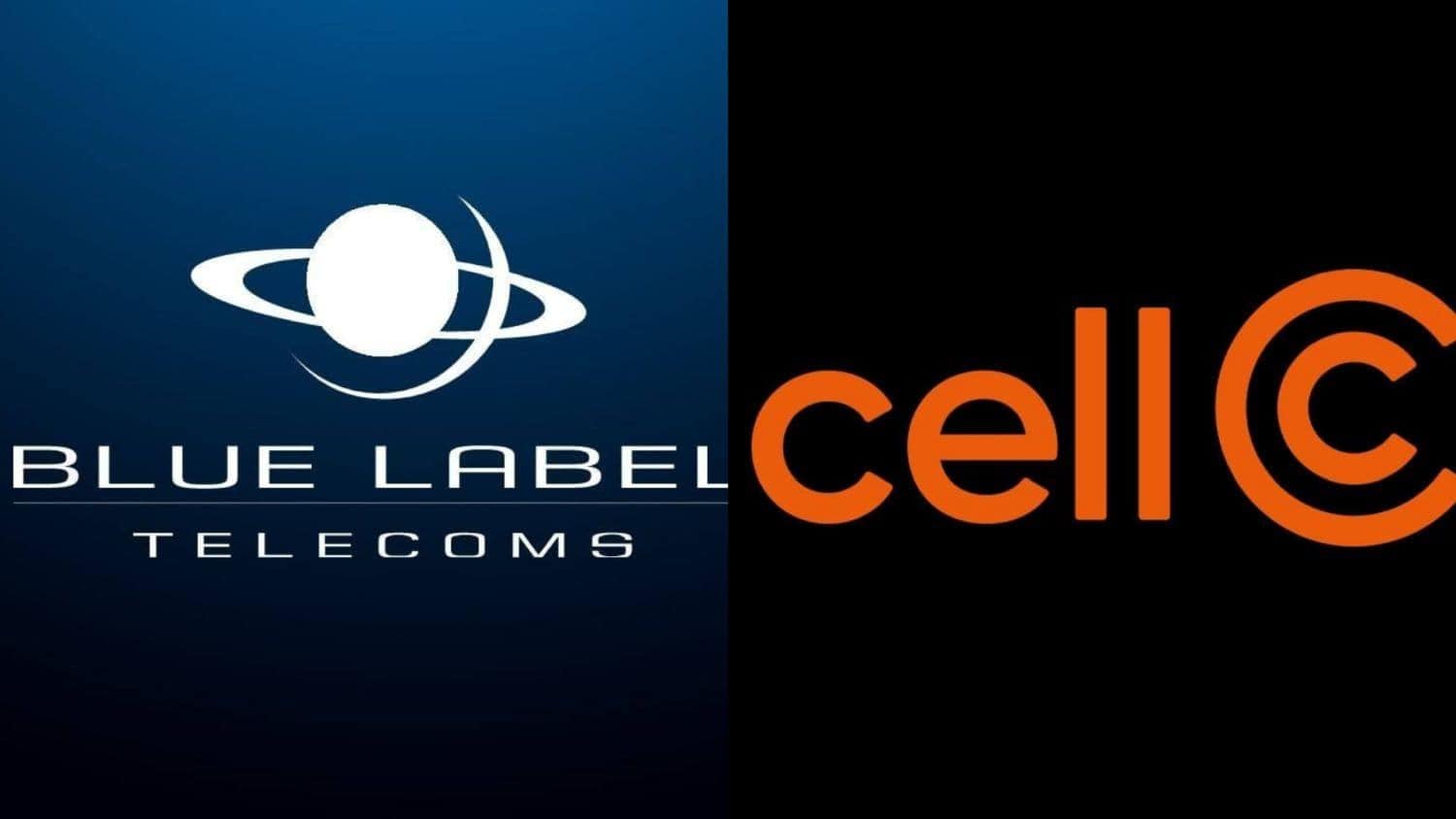Cell C has been weighing down Blue Label’s earnings since its acquisition.

Blue Label Telecoms, Cell C’s majority shareholder, expects to report higher earnings next week as it works on separating the struggling mobile network.
Holding companies usually want each subsidiary to sustain itself, but Cell C has been struggling for years.
The mobile network has been weighing down Blue Label’s earnings since its acquisition. Due to Cell C’s debt, Blue Label’s investment amounted to zero three years after the acquisition.
Blue Label’s profit per share has increased more than fivefold in the year ended May. The company sells mobile airtime, prepaid electricity, lotto tickets, and various other transactional services.
ALSO READ: These are the best and worst mobile networks in South Africa
Blue Label makes more money
In a trading statement released on Thursday, the company said it expected headline earnings per share (HEPS) for the year ended May to be 517% – 521% higher in a range of 454.49c – 457.44c.
Earnings per share are expected to be 279% – 283% higher, it said. The statement provided no details regarding the higher earnings. This follows Blue Label’s update that it expects earnings to be higher than 20%.
An increase in earnings means the company is more profitable, which can make its stock more attractive, potentially raise its price, and increase returns for shareholders – either through dividends, capital gains (higher share price), or both.
“The company’s financial results for the reporting period are expected to be released on SENS on 27 August 2025.”
Blue Label to spin off Cell C
Cell C has been struggling to make a profit since its inception. Blue Label acquired a 45% stake in the mobile network in 2017. However, by the end of 2019, the company had to write down the value of its entire investment in Cell C to zero.
Since then, the investment in Cell C has been consistently weighing down Blue Label’s earnings.
Blue Label has been attempting to separate Cell C and list it on the Johannesburg Stock Exchange (JSE) to make money, a plan that has not seen any success.
The plan did not see success in 2018 because Cell C struggled to make any profit, making its initial public offering (IPO) a challenging prospect for investors.
ALSO READ: MTN downgrades SA CEO and shakes up leadership
Cell C still technically insolvent
Blue Label’s financial results in February 2025 showed that Cell C is still technically insolvent, meaning its liabilities exceeded its assets, which has been an issue since 2019.
The financial results showed that the mobile network had a negative equity of R3.3 billion. Negative equity means that a company will not be able to settle all of its liabilities with its assets if it is liquidated.
Analysts had warned Blue Label that acquiring a stake in Cell C is not a very good idea, because the South African telecommunications market is dominated by Vodacom and MTN.
Will listing on the JSE work?
In May, Blue Label announced that it is considering listing Cell C on the JSE, a move that has worked well for Pick’n Pay and Boxer.
However, in August, the company reported that “the terms and conditions of the proposed restructure are still being developed in consultation with the group’s financial advisers and remain subject to ongoing engagement and approvals by the boards of directors of both Blue Label and Cell C, as well as the requisite shareholder and regulatory consents.”
Blue Label, however, cautioned shareholders to exercise caution when dealing in the company’s shares until a further announcement is made.
Pick n Pay lists Boxer to make money
Pick n Pay Group listed its pride and joy, Boxer, on the JSE with the aim of taking it out of its financial woes.
Before the listing, Pick n Pay Group was technically insolvent; the retailer’s revenue increased from R109.28 billion to R115.37 billion, while trading expenses rose from R20.15 billion to R22.55 billion. Total liabilities exceeded total assets by R183 million.
However, CEO Sean Summers said the retailer has a strategy to turn the ship around, including the listing of Boxer. “The Boxer IPO remains pivotal to our strategy, and their remarkable performance continues to prove it is an exceptional business. We are excited to see it thrive as a listed entity,” said Summers.
Through Boxer’s initial public offering (IPO), Pick n Pay was able to raise more than R8.5 billion from the 157.4 million shares allocated to qualifying investors at a share price of R54. Pick n Pay still owns 63% of Boxer.
NOW READ: MTN and Cell C defend high data prices
Support Local Journalism
Add The Citizen as a Preferred Source on Google and follow us on Google News to see more of our trusted reporting in Google News and Top Stories.








